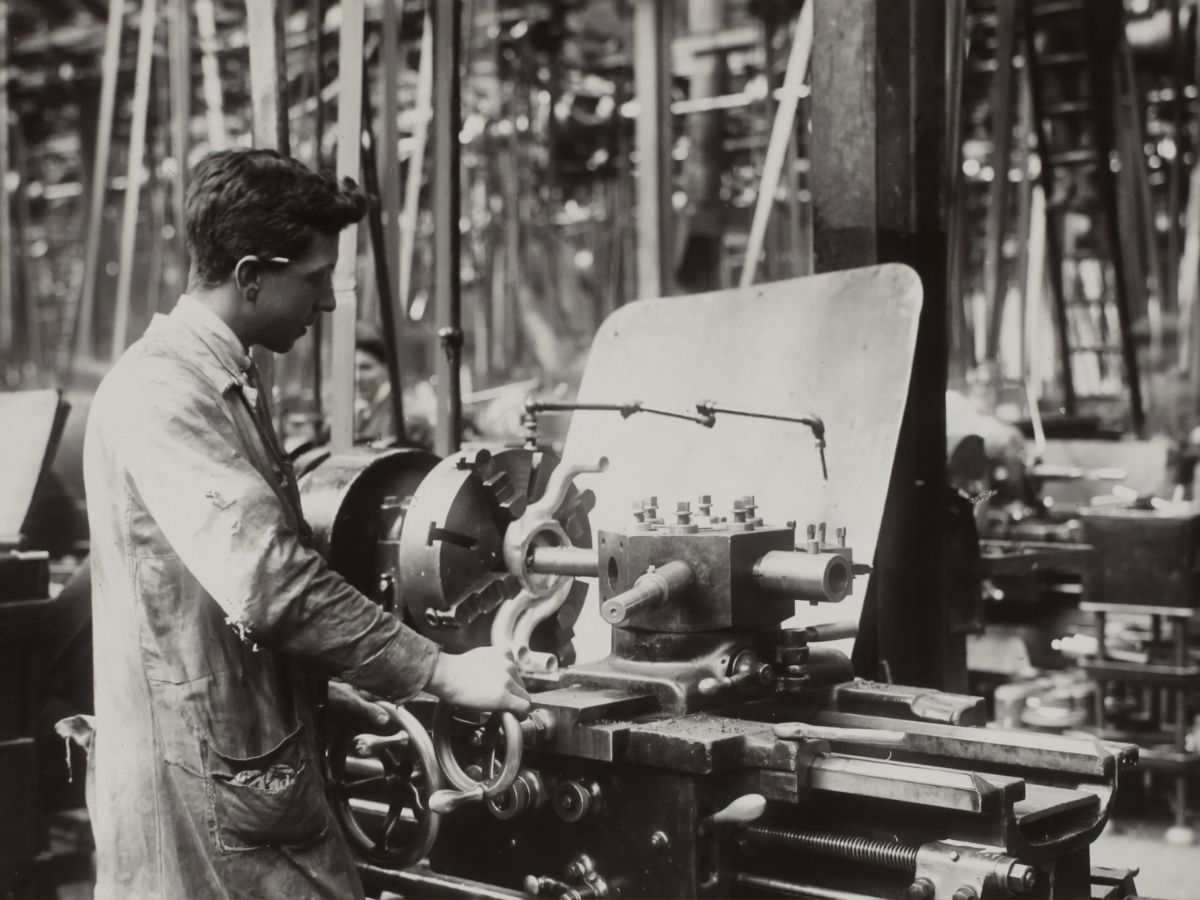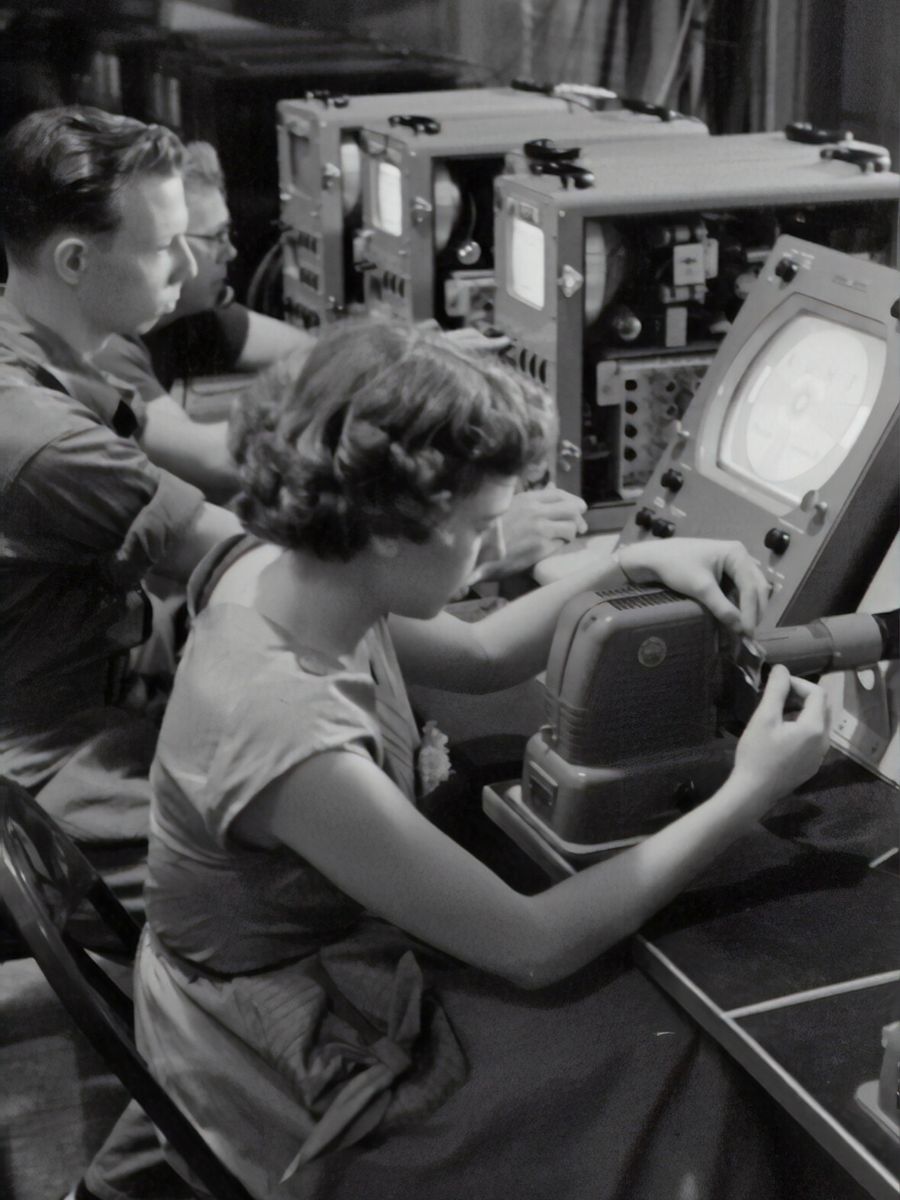For all the working, talented, independent, intelligent, and responsible workers out there: this is your day! Labor Day is usually celebrated on May 1st of every year throughout various Latin American and European countries. Here's everything you must know about it including its origin, what flowers are gifted on Labor Day, and why this day is celebrated.
Labor Day - Celebrating the Arduous Work of People Worldwide
May Day, also known as Labour Day or International Worker's Day, is an annual public holiday celebrated on May 1st. It is a holiday observed in many countries around the world, including the United States, Canada, Europe, Asia, and Latin America. The holiday has a rich history and a deep meaning that is still relevant today, as people get the day off to celebrate this holiday every year.


Photo: @commonfarmflowers
Going Back in Time to Labor Day's Historical Timeline
To understand the origin of Labor Day, one must go back to the end of the 19th century when labor movements began to gain strength in the United States. These movements demanded an end to the 12 to 18-hour workdays that factory workers were subjected to. 'Eight hours of work, eight hours of leisure, and eight hours of rest', proclaimed mobilized workers. At that time, if a company forced an employee to work more than 18 hours a day, the punishment they could receive was only $25.

In that context, the country's largest union, the American Federation of Labor, decided that from May 1, 1886, the maximum workday would be eight hours and proposed a series of strikes and protests in case employers did not comply with the Ingersoll Law, enacted 16 years earlier by President Andrew Johnson and which many states had managed to circumvent. The union's threat caused many companies to agree to implement an eight-hour workday, but many others maintained their schedules intact. May 1, 1886, arrived, and strikes began wherever the law was not being followed.
In Chicago, (then the second-most-populous city in the United States), protests pitted strikers against police for three days. By May 4th, with a death toll of half a dozen workers, a gathering in Haymarket Square with around 500,000 people ended with the detonation of an explosive device that killed six police officers and left dozens of agents injured. The police responded by opening fire on the demonstrators, causing 38 casualties.

Anarchist union leaders and dozens of members were arrested as a result of the Haymarket Square incident, although only eight of them were ultimately tried. They are known as the Chicago Martyrs or the Haymarket Martyrs. Under a campaign of harassment and attacks by the conservative press and after a controversial trial held in 1887, five unionists were sentenced to death, two to life imprisonment, and another to 15 years of forced labor. Years later, the falsehood of the judicial process was demonstrated.
Two years after the executions, in 1889, the Socialist Labor Congress of the Second International declared May 1 as International Workers' Day in memory of the Haymarket Martyrs and with the idea of promoting the implementation of the eight-hour workday in other countries. Once that demand was met, from the second decade of the 20th century, new labor and social demands emerged every May 1st, making it a holiday for many countries around the world.

Flowers That Are Given on Labor Day
In many countries that celebrate Labor Day on May 1st, commonly called May Day, the tradition of giving flowers to workers or loved ones is widespread. In various countries, the Lily of the Valley is a traditional flower associated with May Day, particularly in France, known as 'Muguet'. This white flower is seen as a symbol of spring, hope, and happiness.
In some countries, other flowers are also given as gifts on May Day. For example, it is customary in Italy to give bright yellow flowers, such as the Mimosa flower, which symbolizes strength, loyalty, and friendship. In Germany, it's common to give a bouquet of colorful flowers, particularly roses, as a gesture of appreciation and love. In addition to these, other countries also opt to give these flowers to their favorite workers on Labor Day:
-
Red carnations are a symbol of love and admiration for workers, and they are often worn as lapel pins or included in floral arrangements.
-
Sunflowers! These vibrant flowers are a symbol of optimism and represent the hard work and dedication of workers.
-
Yellow roses are cheerful blooms that symbolize friendship and are often given to coworkers or colleagues as a gesture of appreciation.
Overall, the specific flower given as a gift on May Day can vary depending on the country's traditions and customs.

Photo: @hanatropicals
Why it is Important to Acknowledge and Appreciate Employees
First and foremost, employees should be recognized and appreciated because they deserve it. Every day, your employees work hard to complete their tasks and contribute to your organization's success. You would have nothing if they were not there. They are the ones who enable your company's success, and they deserve to be recognized and appreciated for their efforts.

Another reason why you should appreciate your employees is that it promotes a positive work environment. A positive work culture benefits everyone, from the owner to the employees. People report higher levels of happiness, motivation, productivity, and engagement. They want to come to work and give their all. There are numerous benefits to having a positive work culture.

Photo: @wocintechchat from Unsplash
An additional example is engagement and motivation. It's no secret that people enjoy having their work recognized, and it can directly increase engagement and motivation. Employees who are appreciated for their efforts are more likely to take pride in their work and strive to do their best. Recognition can make employees feel more connected to their jobs, engaged in their work, and prepared to help the company achieve its goals.

Labor Day Is Also a Time for Reflection
Despite these variations and different celebration dates all over the world, the fundamental purpose of Labor Day remains the same: to recognize and honor the contributions and achievements of workers, and to advocate for their rights and protections. By doing so, as a society, people can help to build a more just and equitable society, where all workers are valued and respected for their contributions to the greater good. As people worldwide celebrate the hard work and achievements of workers, it's also crucial to stay informed about the worker protection laws that safeguard their rights. Understanding these laws helps ensure fair treatment and safe working conditions for all.

In addition to celebrations, its also a time for advocacy and reflection. Many workers and labor organizations use the holiday as an opportunity to push for better working conditions, fair wages, and other labor protections. This advocacy can take many forms, from peaceful protests and demonstrations to lobbying elected officials for legislative change.

Despite the progress that has been made, many workers still struggle to make ends meet and face barriers to fair treatment in the workplace. Issues such as wage stagnation, income inequality, and lack of job security continue to affect millions of workers.
Furthermore, the pandemic brought to light the essential nature of many workers who are often underpaid and undervalued, including healthcare workers, grocery store employees, delivery drivers, and more. Reflecting on Labor Day can help raise awareness of these issues and inspire action to create a more just and equitable society for all workers.
The Symbolism of Labor Day
May Day has several symbols that represent its significance and importance. Here are some of the main symbols associated with Labor Day:
- The color red is often associated with Labor Day and the labor movement. It is a symbol of the blood that was shed by workers in the struggle for better working conditions and rights. Red also represents the solidarity of workers and the power of collective action.
- The eight-hour clock symbolizes the achievement of the eight-hour workday, which was a major victory for the labor movement. The clock represents the idea that workers should have time for work, rest, and leisure.
- Labor Day parades and marches all over the world are a symbol of the solidarity and strength of the labor movement. They bring together workers from different industries and backgrounds to celebrate their achievements and advocate for their rights.

As many celebrate International Worker's Day this year, let's remember the sacrifices and achievements of workers throughout history, and let humanity renew the commitment to creating a more just and equitable world for all.










